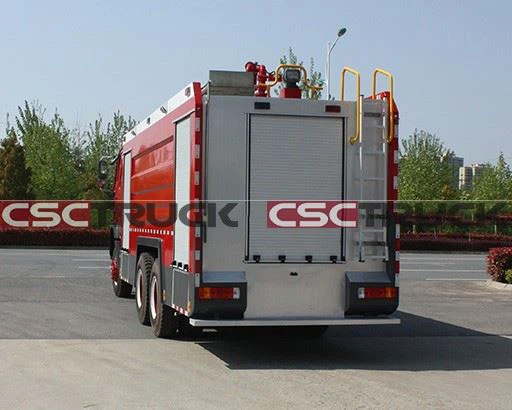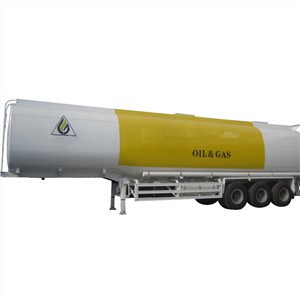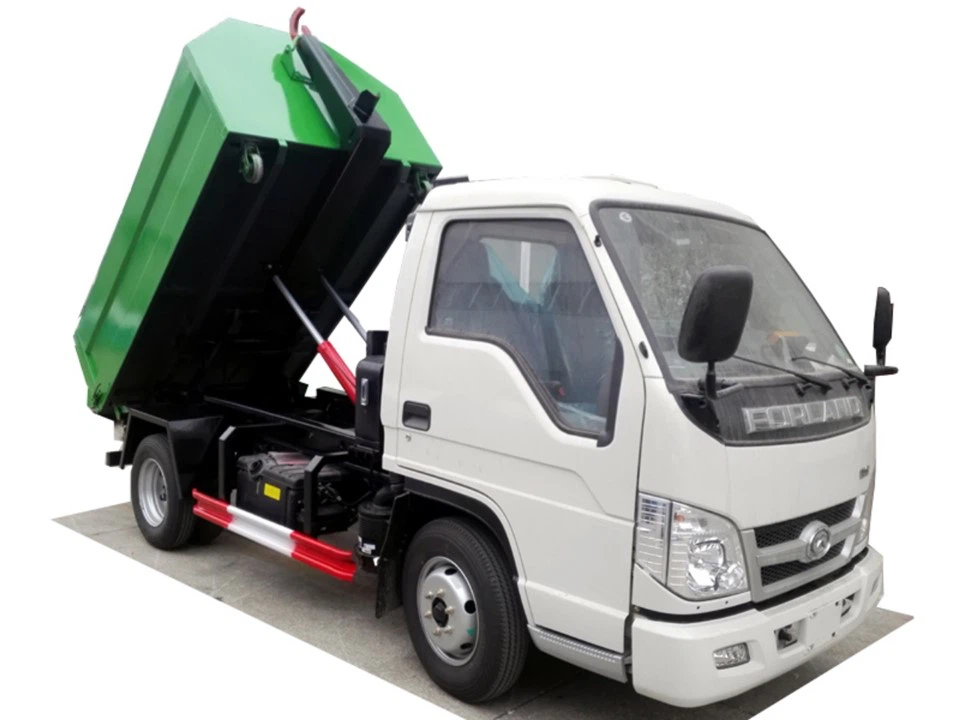Define a Commercial Vehicle: Understanding the Essentials

Commercial vehicles are an integral part of the transportation industry, serving a variety of functions essential for businesses and daily operations. This article delves into the definition of commercial vehicles, their classifications, legal implications, examples, and much more.
What is a Commercial Vehicle?
A commercial vehicle is defined as any motor vehicle used primarily for transporting goods or passengers for profit. This includes vehicles like trucks, vans, buses, and more, which are utilized by businesses to facilitate their operations.

The Importance of Commercial Vehicles
Commercial vehicles play a crucial role in the economy. They are essential for:
- Delivering products to consumers
- Providing essential services
- Supporting various industries, including construction, logistics, and public transport
Economic Impact

By enabling the movement of goods, commercial vehicles contribute to economic growth, create jobs, and enhance supply chain efficiency.
Types of Commercial Vehicles
Commercial vehicles can be categorized into several types. The primary classifications include:
Light Commercial Vehicles (LCVs)
These are typically used for small deliveries and local services. Examples include:
- Light trucks
- Vans
- Pickup trucks
Medium Commercial Vehicles (MCVs)
These vehicles are designed to carry heavier loads than LCVs. Common examples are:
- Box trucks
- Mid-size buses
- Tippers
Heavy Commercial Vehicles (HCVs)
Used for transporting large items over long distances, HCVs include:

- Large trucks
- Pneumatic tankers
- Heavy-duty trailers
Legal Definition and Regulations
The legal definition of commercial vehicles may vary by country and jurisdiction. Most laws stipulate that a vehicle is deemed commercial if it is used for business purposes.
Licensing Requirements
Drivers of commercial vehicles typically need specific licenses, which may include:
- Commercial Driver’s License (CDL)
- Endorsements for specialized vehicles (e.g., passenger transport)
Insurance and Liability
Commercial vehicles require higher insurance coverage compared to personal vehicles due to the increased risks associated with transporting goods or numerous passengers. Understanding the insurance requirements is crucial for vehicle owners.
Examples of Commercial Vehicles
Here are practical examples across different categories of commercial vehicles:
| Type of Vehicle | Example | Usage |
|---|---|---|
| Light Commercial Vehicle | Ford Transit | Delivery and service operations |
| Medium Commercial Vehicle | Isuzu NPR | Local distribution |
| Heavy Commercial Vehicle | Freightliner Cascadia | Long-haul freight transport |
Commercial Vehicle Maintenance
Maintaining a commercial vehicle is crucial for safety and efficiency. Here are key tips:
Regular Inspections
Conduct routine inspections for:
- Tires
- Brakes
- Fluids
- Lights
Scheduled Maintenance
Follow a maintenance schedule that includes oil changes, filter replacements, and other necessary services.
Commercial Vehicle Safety
Safety is paramount in commercial vehicle operation. Here are some safety tips:
Driver Training
Investing in comprehensive training helps ensure that drivers are well-prepared and comply with traffic regulations.
Technology Usage
Utilize technology such as GPS, telematics, and advanced safety systems to enhance driver awareness and route planning.
Future Trends in Commercial Vehicles
The commercial vehicle industry is constantly evolving. Key trends include:
Electric and Hybrid Vehicles
With the growing emphasis on sustainability, many companies are adopting electric and hybrid commercial vehicles to reduce emissions and operating costs.
Autonomous Vehicles
The development of self-driving technology may revolutionize the industry, improving efficiency and safety on the roads.
Cost Considerations for Commercial Vehicles
Understanding costs associated with commercial vehicles is crucial for businesses. Key factors include:
Acquisition Costs
Evaluating upfront costs, financing options, and depreciation is essential for informed purchasing decisions.
Operating Costs
These include fuel, maintenance, insurance, and registration fees. Regularly monitoring these costs helps manage budgets effectively.
Commercial Vehicle Insurance Types
Obtaining the right insurance is crucial for protecting investments. Here are common types:
Liability Insurance
This insurance covers damages caused to other parties in an accident.
Physical Damage Insurance
Covers repairs or replacements resulting from accidents, theft, or vandalism.
Cargo Insurance
Protects goods being transported in case of loss or damage.
FAQs About Commercial Vehicles
1. What qualifies a vehicle as a commercial vehicle?
A vehicle is generally considered commercial if it is used to transport goods or passengers for business purposes, rather than personal use.
2. Do commercial drivers need special licenses?
Yes, drivers often need a Commercial Driver’s License (CDL) or other specific endorsements depending on the vehicle type and cargo.
3. What are the benefits of using commercial vehicles for businesses?
Benefits include improved efficiency in transporting goods, better customer service through timely deliveries, and the ability to handle larger loads compared to personal vehicles.
4. How can I ensure the safety of my commercial vehicle?
Regular maintenance, comprehensive driver training, and the use of safety technology can help ensure the safety of commercial vehicles.
5. What are common types of insurance for commercial vehicles?
Common insurance types include liability insurance, physical damage insurance, and cargo insurance.
6. Are there tax benefits associated with commercial vehicle ownership?
Yes, many business owners can deduct vehicle-related expenses, including depreciation, fuel costs, and maintenance, on their taxes.
